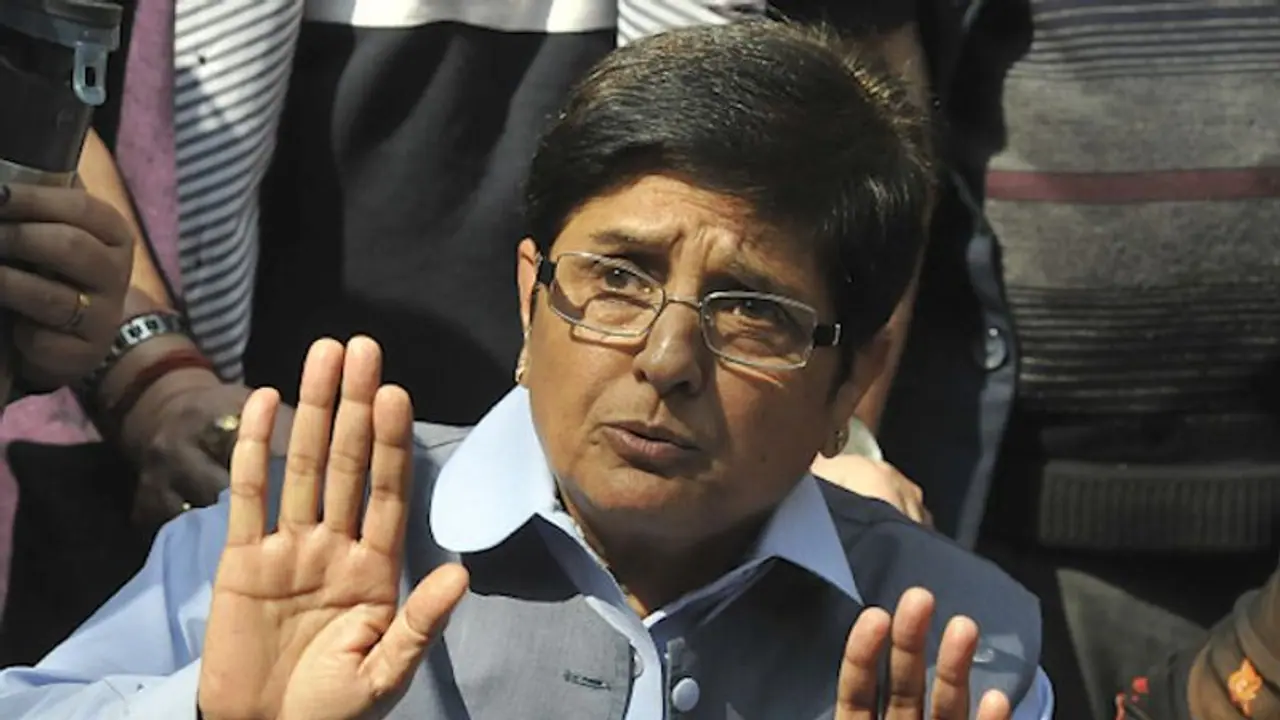The Madras high court ordered Kiran Bedi not to interfere in the elected government of the Union territory's day-to-day affairs. The petitioner Lakshminarayanan submitted that there were political differences between the elected Government of Puducherry and the Centre.
Chennai: The Madras high court ordered Lt Governor Kiran Bedi on Tuesday that she "cannot interfere" in the day-to-day affairs of the elected government of the Union territory. Chief minister V Narayanasamy termed the high court's decision as victory of democracy.
Allowing a petition by K Laksminarayanan, a Congress MLA, Justice R Mahadevan set aside the two communications issued in January and June 2017 by the Union ministry of home affairs "elevating" the power of the administrator.
Referring to the Supreme Court judgement on the tussle between Delhi chief minister Arvind Kejriwal and Lt Governor Anil Baijal, the judge said restrictions imposed on the government of Delhi are not applicable to the government of Puducherry.
"The apex court has clearly held that there is a distinction between the national capital territory of Delhi and Puducherry," the judge said.
“Though Puducherry was not a state, the Legislative Assembly would have the same powers as that of a state,” he said.
Hailing the judgement, Congress leader and chief minister Narayanasamy, who has been at loggerheads with Bedi over various issues, said the court order was "historic and demonstrates the victory of democracy."
In her reaction, Bedi said, "We are examining the judgement."
The judge, in his order, said, "The Administrator cannot interfere in the day-to -ay affairs of the government. The decision taken by the Council of Ministers and the Chief Minister is binding on the Secretaries and other officials."
The petitioner Lakshminarayanan is an elected member of the Puducherry Assembly from the Raj Bhavan constituency. He submitted that there were political differences between the elected Government of Puducherry and the Centre.
"She (Bedi) conducts review meetings with the officials directly, by-passing the elected government, carries out inspections and issues on-the-spot orders and thereby runs a parallel and diametrically opposite government within the government," he claimed.
The petitioner also alleged that the administrator was interfering in the day-to-day administration of the territorial government, its policies and programmes.
The judge observed that the court had already discussed the role of secretaries.
They normally act only as a medium of communication, utmost to render their opinion at circumstances and have no power or authority to override the decisions of the Council.
The court said elected representatives of the government play a major role in decision making, or else, there would be no purpose in having an elected government, who are the true representatives of the people.
